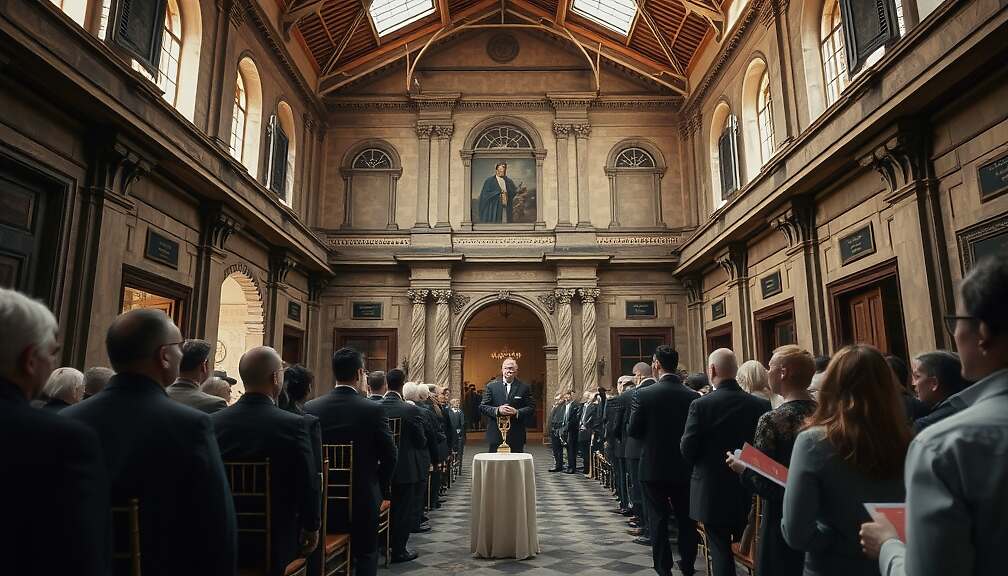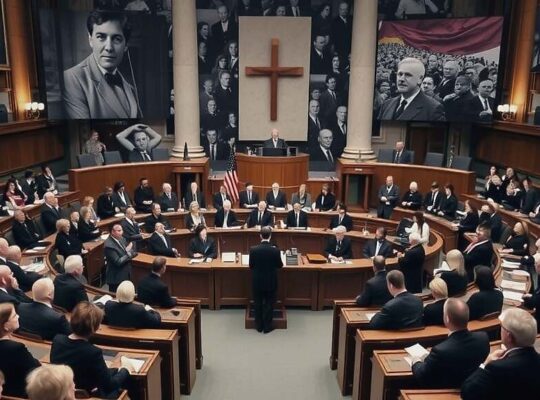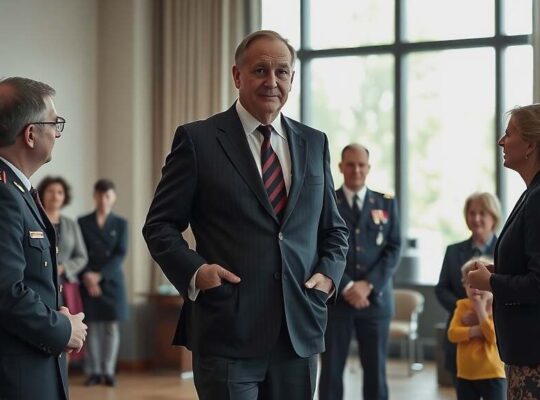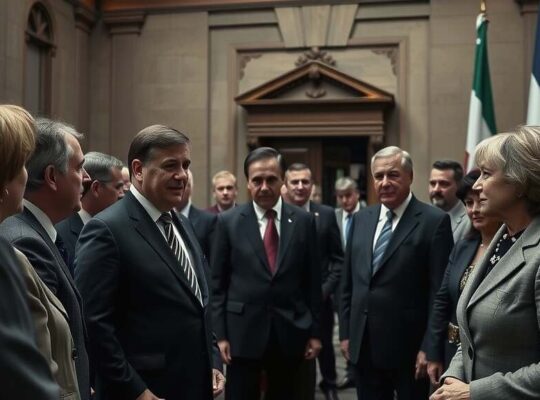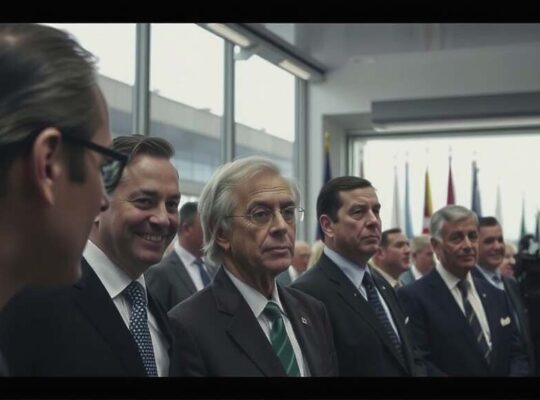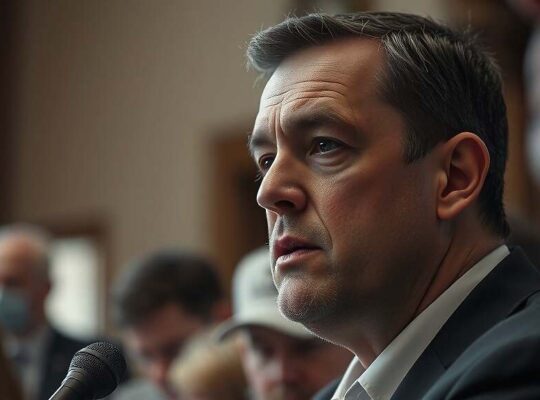The German Booksellers’ Peace Prize, a prestigious award recognizing individuals who promote understanding and reconciliation, was presented to German East European historian Karl Schlögel on Sunday in a ceremony held at Frankfurt’s Paulskirche. The accolade, accompanied by a €25,000 prize funded by publishers and booksellers, arrives at a particularly poignant moment, as Europe grapples with the ramifications of Russia’s aggression in Ukraine.
Ukrainian-German writer Katja Petrowskaja delivered the laudatory speech, highlighting Schlögel’s four-decade commitment to transcending national borders and challenging ingrained prejudices. She characterized his work as a “peaceful campaign” praising his willingness to engage with the unfamiliar and discern shared humanity across cultural divides.
The jury’s citation emphasized Schlögel’s unique approach – blending rigorous historical research with personal experience and keen observation. Described as a “flâneur” “archaeologist of modernity” and “seismograph of societal change” Schlögel has long brought cities and landscapes of Central and Eastern Europe – including Kyiv, Odessa, Lviv and Kharkiv – to the attention of German audiences. His work, the jury noted, has successfully located St. Petersburg and Moscow within a European context.
Crucially, the award recognizes Schlögel’s prescient warnings regarding the escalating tensions in Eastern Europe. Following the annexation of Crimea, his writings sharply focused attention on the complexities of the Ukrainian situation and – importantly – confronted the often-simplistic and Eurocentric biases prevalent in German perceptions of the region. He was among the earliest and most vocal, critics of Vladimir Putin’s expansionist policies and his increasingly authoritarian, nationalist agenda. This timely and critical analysis positions the award not just as an honour for Schlögel, but as a subtle yet powerful commentary on the ongoing need for informed and nuanced perspectives within Germany’s engagement with Eastern Europe.


